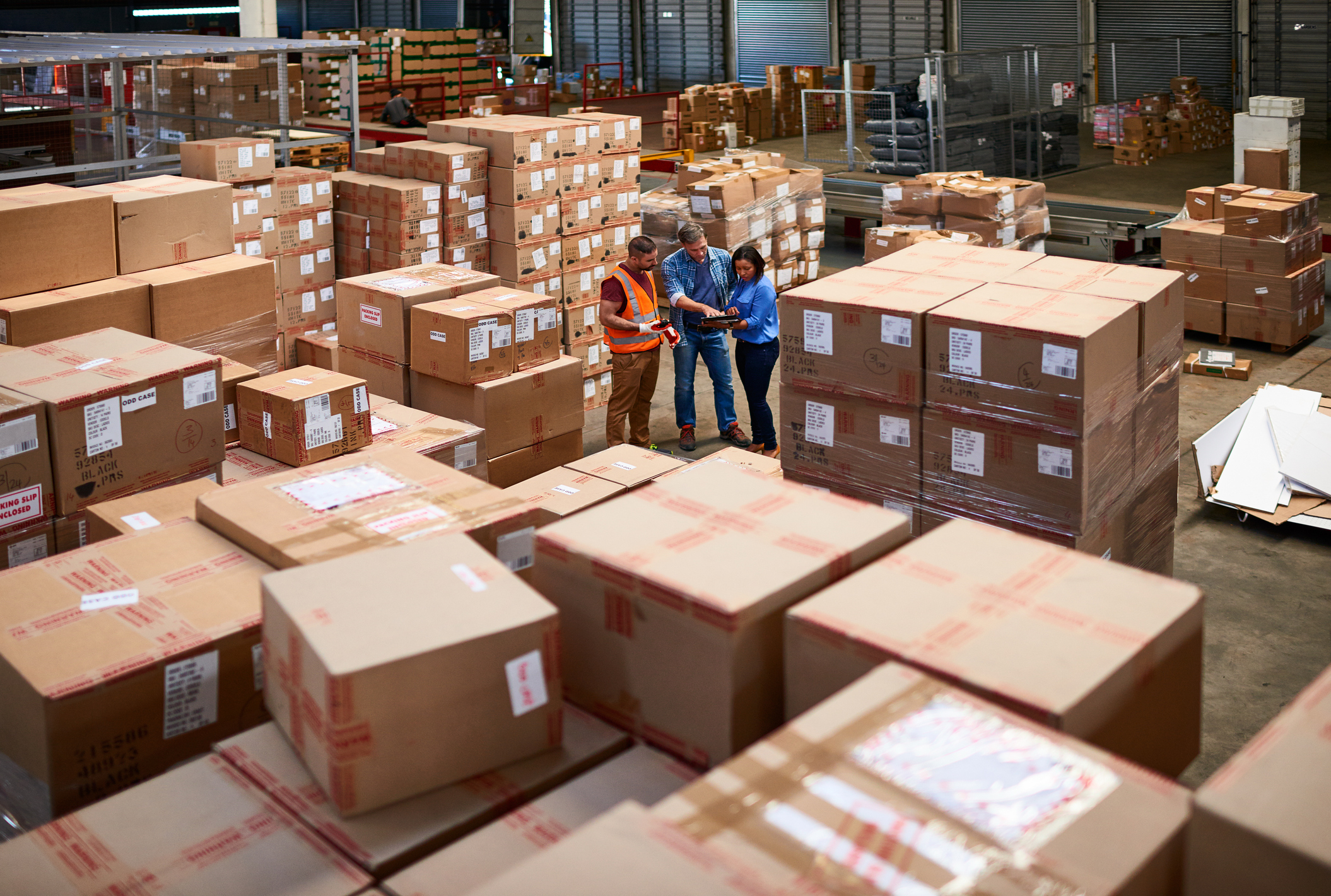
How Wholesale Opportunities Soared After Implementing ERP
From the global pandemic to broken supply chains and beyond, the early years of the 2020s have shown that the world has changed dramatically, presenting new and unanticipated challenges to the wholesale distribution network. To maintain their position as market leaders in this climate, many distributors have been forced to decide to alter their operational procedures dramatically.
Even though change can be a source of disruption and anxiety, it can also present a chance to strengthen your company’s adaptability, resilience, and productivity. Now is the time to set the foundation for wholesale distribution’s long-term success.
Despite the challenges, there are several ways in which your wholesale distribution company might succeed.
- Putting the Omnichannel Into Action
Even though omnichannel distribution strategies were already in use before 2020, their use and significance have increased dramatically since the COVID-19 restrictions were implemented. Not long ago, making digital transaction choices available to customers and vendors was only regarded as a desirable extra feature. This is now a must. The role of virtual distribution in the wholesale distribution industry is expected to play a significant role in the future.Combining online and offline distribution channels into a seamless omnichannel experience is an attractive and well-rounded strategy for wholesale distribution companies that purchase and sell physical products. Incorporating a powerful eCommerce software system into this strategy will give you more options for communicating with your vendors and customers. - Synchronising Processes
Due to the growing importance of information sharing in the wholesale distribution industry, companies must emphasise internal communication and knowledge-sharing between departments. In the current climate, where worldwide events, supply chain disruptions, and geopolitical instability are evolving at an incredible rate, this is more crucial than ever.If your teams are not linked, your data is segregated in apps that can’t interact with each other, and you can never be sure if the information you’re using is correct and identical across departments, then this is a problem. You need to work on connecting your teams if this is the case. Miscommunication like this wastes valuable resources and increases the likelihood of mistakes and downtime. However, with the help of a business management system that integrates processes, information can be automatically shared across the company and updated in real-time. - Adopting a Data-Driven Perspective
The digital revolution has impacted every sector of the economy, and organisations involved in wholesale distribution have yet to be immune to these changes. The quantity of information available for monitoring and analysis has increased exponentially in recent years. This includes data on their customers, the status of their shipments and goods, the state of the market, and the impact of new regulations.The wholesale distribution industry can benefit significantly from a company-wide adoption of data analytics because it increases the likelihood that valuable insights will be uncovered and made available to employees at all company levels. - Keeping a Local Focus While Expanding Internationally
The particular pressures and disruptions that might come to multinational companies in recent years have made globalisation both inevitable and essential. Therefore, wholesale distribution companies that want to succeed in the long run must focus on domestic and international markets. Keeping a local focus might assist your company move forward by leaning on a stable base of consumers and suppliers located geographically close to one another. Because of its proximity to a reliable base, the operations can be prevented from coming to a total halt or slowing down excessively. At the same time, maintaining connections to the economy on a global scale is equally as important. By increasing the number of customers and suppliers your company works with, you can ensure that even while waves of disruption, such waved may rock it.
Conclusion
Wholesale distribution is still dependent on the one thing that hasn’t changed despite the modern world’s disruptions: The Customer. Future distributors should know that implementing the value chain with actual innovation is essential to effectively engaging customers. Through advanced analytics and technology, previously established methods for managing stock, logistics, pricing, rebates, and networks should be reconsidered entirely. Also, the opportunities discussed can only be taken advantage of with an effective ERP system in place.
To meet the requirements of today’s wholesale distribution businesses, Cofficient offers a comprehensive, integrated system. Its ERP platform automates and simplifies distribution operations, all while meeting industry-specific security and compliance standards.
If you have any queries, please don’t hesitate to contact our specialists. And have a look at how Cofficient may help your wholesale distribution business succeed in the future.



